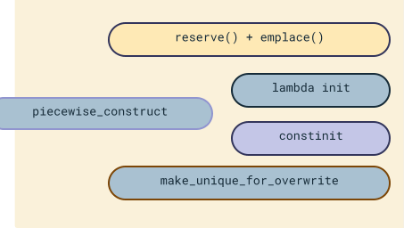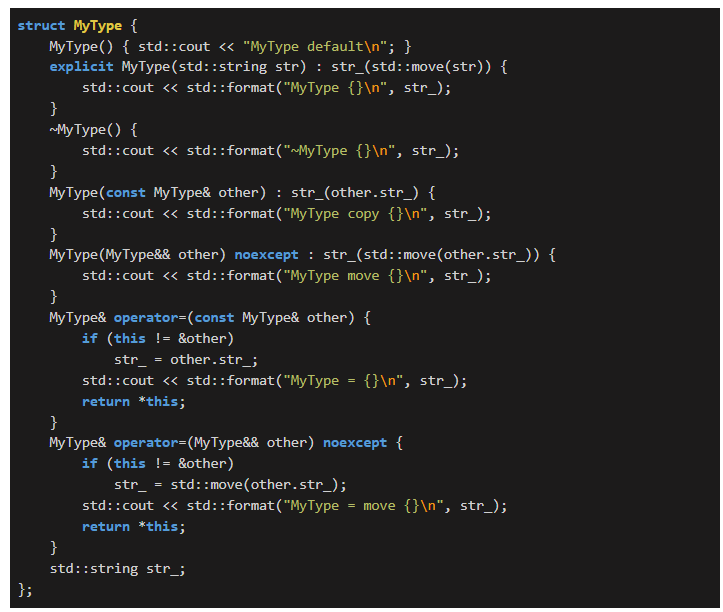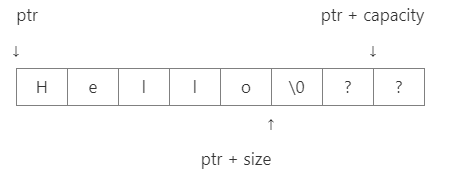CppCon 2023 Plug-in Based Software Architecture for Robotics -- Abishalini Sivaraman
 Registration is now open for CppCon 2023! The conference starts on October 1 and will be held in person in Aurora, CO. To whet your appetite for this year’s conference, we’re posting some upcoming talks that you will be able to attend this year. Here’s another CppCon future talk we hope you will enjoy – and register today for CppCon 2023!
Registration is now open for CppCon 2023! The conference starts on October 1 and will be held in person in Aurora, CO. To whet your appetite for this year’s conference, we’re posting some upcoming talks that you will be able to attend this year. Here’s another CppCon future talk we hope you will enjoy – and register today for CppCon 2023!
Plug-in Based Software Architecture for Robotics
Monday, October 2 • 16:45 - 17:15
by Abishalini Sivaraman
Abishalini Sivaraman holds a bachelors and masters degree in electrical and computer engineering from Texas A&M University. She has worked on various robotics projects as part of school and work in the last 5 years.

 Registration is now open for CppCon 2023! The conference starts on October 1 and will be held
Registration is now open for CppCon 2023! The conference starts on October 1 and will be held  Registration is now open for CppCon 2023! The conference starts on October 1 and will be held
Registration is now open for CppCon 2023! The conference starts on October 1 and will be held  Registration is now open for CppCon 2023! The conference starts on October 1 and will be held
Registration is now open for CppCon 2023! The conference starts on October 1 and will be held  From dynamic container operations to compile-time constants, C++ offers a variety of techniques. In this article, we’ll delve into advanced initialization methods like
From dynamic container operations to compile-time constants, C++ offers a variety of techniques. In this article, we’ll delve into advanced initialization methods like
 Registration is now open for CppCon 2023! The conference starts on October 1 and will be held
Registration is now open for CppCon 2023! The conference starts on October 1 and will be held  Registration is now open for CppCon 2023! The conference starts on October 1 and will be held
Registration is now open for CppCon 2023! The conference starts on October 1 and will be held  The C++ standard library type
The C++ standard library type  Registration is now open for CppCon 2023! The conference starts on October 1 and will be held
Registration is now open for CppCon 2023! The conference starts on October 1 and will be held 